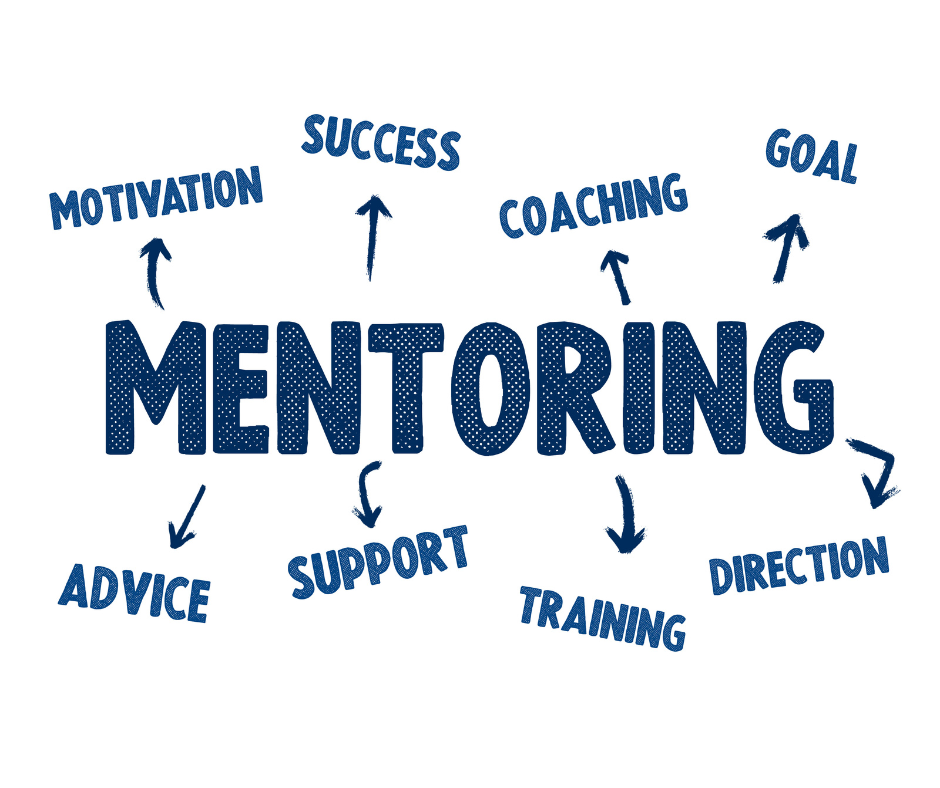
Mentoring
Developmental mentoring is a type of mentoring that focuses on the personal and professional growth of the mentee. The mentor provides guidance, support, and feedback to help the mentee develop their skills, knowledge, and capabilities. Developmental mentoring is different from traditional mentoring, which often focuses on career advancement and job skills.
Characteristics of developmental mentoring include:
- Relationship building: Developmental mentoring is built on a strong relationship between the mentor and the mentee. The mentor serves as a role model and guide, helping the mentee develop their skills and reach their goals.
- Goal setting: Developmental mentoring involves setting clear goals and objectives for the mentee. The mentor helps the mentee identify areas for improvement and develop strategies to achieve their goals.
- Feedback and reflection: Developmental mentoring involves ongoing feedback and reflection. The mentor provides constructive feedback to the mentee and helps them reflect on their progress and identify areas for further development.
- Individualized approach: Developmental mentoring is tailored to the individual needs and goals of the mentee. The mentor works with the mentee to develop a personalized plan for growth and development.

Mentoring
Through our Mentoring, we share expertise with a consultant mindset. We listen and guide the individual along their journey — without providing all the answers — plus provide support and enthusiasm when they need it most. Developmental Mentoring deals with co-learning and helping someone make better decisions and grow in wisdom, as a result of deeper Self-Awareness. The Developmental Mentoring we provide aims to:
Benefits of Developmental Mentoring include:
- Personal and professional growth: Developmental mentoring helps the mentee develop their skills, knowledge, and capabilities, leading to personal and professional growth.
- Improved performance: Developmental mentoring can lead to improved performance in the mentee’s job or field of study.
- Networking opportunities: Developmental mentoring can provide networking opportunities and help the mentee build relationships within their field.
- Increased job satisfaction: Developmental mentoring can lead to increased job satisfaction and engagement, as the mentee develops new skills and experiences success.